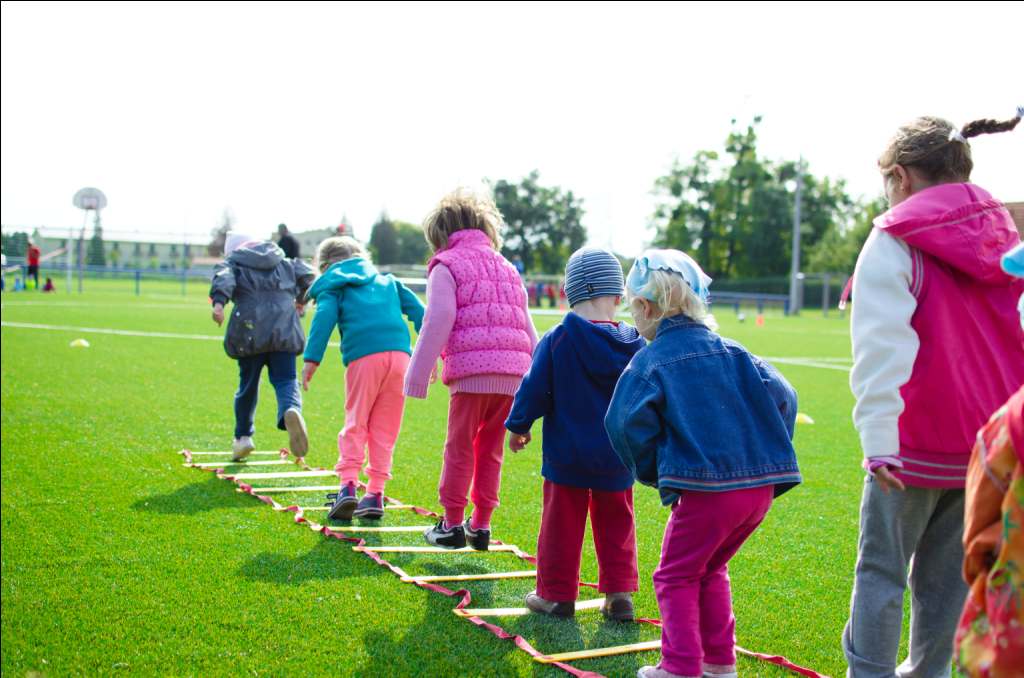Today’s world yearns for genuine role models. Reflecting upon iconic figures like Mahatma Gandhi, Martin Luther King Jr., and Nelson Mandela, it becomes evident that true leadership is more about “strength of character” and “sense of community” rather than a position or title. Today, finding such authentic figures has become challenging.
The global challenges we face underscore the importance and urgency of excellent leadership. Our interconnected world means the repercussions of our actions are felt globally. Youth are navigating a swiftly evolving landscape characterized by technological innovation, job flux, and pressing socio-political issues like climate change and inequality. These challenges vast and intricate, demand collective, innovative solutions, and societal unity.
Leadership, at its core, isn’t merely a title. It’s the act of guiding a group or organization. To thrive at work, and in life, children need essential leadership skills. Here’s why:
1. Problem-Solving and Critical Thinking
In an uncertain future, navigating challenges and making decisions will only become more critical. By learning leadership skills, children practice problem-solving and critical thinking – valuable life skills. Leadership lessons also teach children about responsibility. They learn that leaders are accountable for their actions and decisions, which can motivate them to make good choices.
2. Teamwork and Collaboration
Children who learn leadership skills understand the importance of collaboration, active listening, and valuing diverse perspectives. Many leadership programs emphasize the importance of empathy, understanding, and managing one’s own emotions and the emotions of others. This emotional intelligence is crucial for personal relationships and professional success.
3. Resilience and Adaptability
Leaders often face setbacks. By learning leadership skills, children also learn how to cope with failures, adapt to changes, and persevere through challenges.
4. Better Citizens
Leadership skills can make children more aware of their communities and the broader world. They may become more engaged in taking action to improve the world around them. Leadership often comes with discussions of ethics and values. Children can learn about integrity, honesty, and the importance of doing what’s right.
5. Future Opportunities
Children with leadership skills find more success in academics, in social situations, and eventually in their careers. They stand out in college applications, job interviews, and in their professions.
Nurturing leadership skills in children
With the right encouragement and training, any child can develop strong leadership skills. Nurturing leadership skills in children is a process that involves multiple approaches and stages. By focusing on fostering these skills early on, we can lay the foundation for a child to grow into a productive and responsible adult – someone capable of taking care of themselves and the world around them.
There are countless ways to nurture leadership in children, but three foundational methods are:
Being a Role Model
Children are great observers and often emulate the behaviour of adults around them. By embodying the characteristics of a good leader, such as integrity, empathy, resilience, and effective communication, you provide them with a live example of what good leadership looks like. Act consistently, be accountable for your actions, and show them how to handle challenges gracefully. Bookstores are filled with books each providing a “7 ways to be a leader” methodology. Most prescriptions are still about accomplishments and lay out strategies for effective time management, discipline-building routines, maintaining focus, and so on—some talk about how to accomplish a lot by motivating others.
However, when you ask any “successful” person about what helped them the most in their journey through life, it is almost always someone who was a role model, a mentor, and a guide. In short, someone they looked up to and served as a source of inspiration. This is rarely another famous personality or “successful person”, but is usually a parent or grandparent, a teacher, or even a friend or neighbour. This makes sense because it is not “what you accomplish” that matters as much as “what/who inspired you to accomplish.”
Promoting Open Communication
Cultivate an environment where children feel safe to express their thoughts, feelings, and ideas. Teach them the value of active listening and the importance of understanding and respecting differing opinions. Effective communication forms the cornerstone of leadership, allowing future leaders to influence, collaborate, and resolve conflicts.
Teaching Them to Embrace Failure
One of the greatest lessons for young leaders is understanding that failure is not a reflection of one’s worth but an opportunity for growth. Encourage resilience and perseverance by allowing them to make mistakes, learn from them, and try again. By framing failures as learning experiences, children develop grit and the understanding that leadership is as much about navigating challenges as it is about celebrating successes.
These methods offer a comprehensive leadership training approach, encompassing personal attributes, interpersonal skills, and the essential mindset.
In this dynamic world, leadership isn’t just for designated leaders. Grasping leadership principles benefits all children, aiding them in various life situations, from school assignments to later life challenges. Leadership isn’t about the position but the traits of collaboration, conviction, and collective responsibility.
Views of the author are personal and do not necessarily represent the website’s views.



